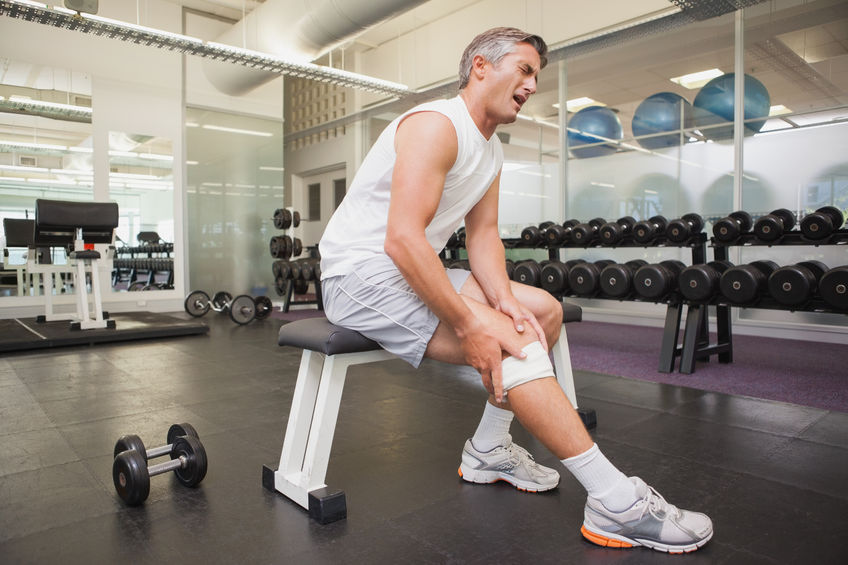That idea of putting things off until tomorrow is something most of us do, and you can certainly get away with it for some events, but not others. If you forget to wash the car today, for example, chances are you can wash it tomorrow without much additional effort. If you don’t do it for another couple of months, however, you’ll find many more layers of grime that have accumulated, leading to an unpleasant task.
The same theme applies to working out: if you forget to do it today, and even tomorrow, it gets a bit more difficult to catch up for the missed time. The decision to appease your guilt by running 15 miles when you haven’t run for the last 10 days will be a lot, lot harder than if you had just run a couple of miles every other day.
It’s not just harder while you’re actually running either, as the chances are you may well wake up in some form of living hell as your muscles lament these attempts to catch up on lost workout time. This is very much where the problem can set in mentally as well, as you wake up with such sharp body pain that you end up wondering to yourself why it’s even worth bothering.

Not to worry though, as all of this can be avoided with a little planning and regular workout sessions. Training a little bit each day can make a huge difference, as the muscles get used to the workload that is now expected of them, and you can get stronger gradually. Olympians don’t just wake up one day and hit 100 meters in less than 10 seconds, but they certainly put themselves through their paces on a daily basis, and it shows.
The risk of trying to make amends for a lack of involvement in your promised exercise routine by going all out for glory can lead to more issues than just waking up and feeling stiff for the next day; if you don’t prepare properly it puts you at risk of many more long-term injuries.
We’ll start at the bottom, with some of the most awkward injuries that you can incur; the ones that have a knock-on effect for other, everyday activities. Our feet and ankles have precious joints, with a lot of pressure placed on them. When carrying a lot of stress and adopting a posture whereby our shoulders don’t lift us up enough, the weight is felt at our feet.
Any time that our feet feel the full brunt of our weight, especially bouncing up and down while working out, it can have a big impact and lead to issues such as plantar fasciitis and Achilles tendonitis. These kinds of injuries don’t go away easily, and can really put a damper on your efforts to get fit. As a way of prevention, good running shoes can prove particularly useful in distributing the impact more evenly and so reducing the stress felt at the heel.
A little further up the leg, and we come to the calves. If we don’t ensure we stretch our muscles enough in our pre-fitness endeavors, it will be a lot more painful to reach down to grab something by your feet the next day. If you try to place a big load on one set of muscles without aligning the body first, it places all of the stress on one tender area. Calf injuries end up being pretty common, especially for runners who are not used to the strain. Compression leg sleeves such as those from tommiecopper.com can alleviate the tension by providing suitable support all around the muscle and preventing isolation.
The back is also an area susceptible to injuries, especially if you happen to be seated in an office all day. Once your back hurts, that is pretty much it for the fitness regime, and the routine will have to wait until you can twist and turn without pain. Back pain often starts when we don’t keep the muscles of the upper back and gluteus strong enough to spread the load we put on our lower back.
This can cause a multitude of issues, not least when we are trying to get a good night’s sleep. There is little worse than interrupted sleep thanks to a bad injury, especially when it is so preventable. Most of these common injuries can heal soon enough, and taking the stress away from a painful area and strengthening other areas can make recovery less of an ordeal.

